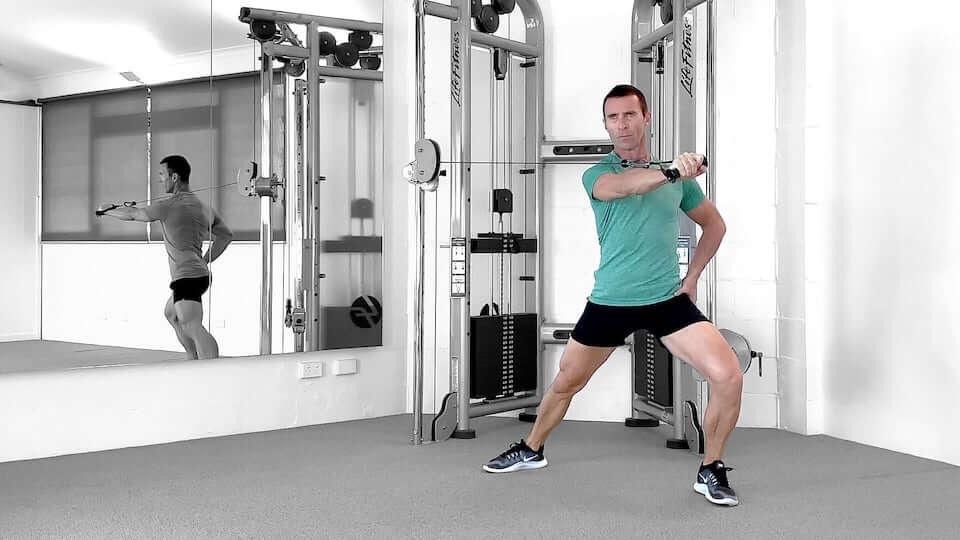Introductory Workout
What’s Next?
Now that you have had some KLT experience with the Introductory Workout you are ready to move into a comprehensive 12-week training progam - the KLT Foundation Program. The KLT Foundation Program is your complete guide to exploring the Kinetic Link Training (KLT) system and enjoying the many health benefits which come from regularly performing functional strength training workouts.
By participating in this comprehensive course of study and completing the 12-week training program you will:
- Learn how to perform two different KLT functional strength training workouts: KLT Full-Body Workout #1 + KLT Full-Body Workout #2. (You have the option of exercising either at home, outside or at the gym … it’s your choice).
- Develop a strong, toned and energised body utilising time-efficient training methods which are backed by the latest in exercise science.
- Have 12-months access to HD videos for all exercises – fully narrated movies with precise explanation of correct technique.
- Gain total confidence in safely performing all the exercises (You will be taught how to perform a wide variety of integrated upper and lower body movements through a strong, controlled core).
- Be given clear week-by-week (step-by-step) instructions – allowing for gradual increases in your overall understanding of the Kinetic Link Training system and gradual progressions in your levels of integrated strength, movement control & full-body fitness. Delivered over 12 weeks as three 4-week training blocks.
